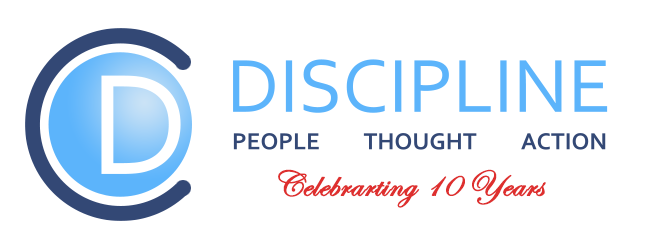Are you FISMA-Compliant?
FISMA compliance is just a piece of a larger act called the E-Government Act of 2002. FISMA is one of the most critical governmental data security rules and guidelines, and compliance involves reducing the safety risk to government information and determining what to do with federal funds on securing information.
As a result, federal agencies are required to abide by a set of rules and standard security measures established by FISMA. These requirements are for both federal agencies as well as state agencies that administer federal programs such as Medicare.

Who Needs to Follow FISMA Compliance?
Originally, FISMA only applied to federal agencies. Over time, the law has evolved to cover state agencies that manage federal programs (i.e., Medicare, Medicaid, unemployment insurance, etc.) as well as companies with contracts to work with federal agencies.
That means private sector companies that do business with federal agencies must adhere to the same information security guidelines as the federal agency.
FedRAMP Program
The Federal Risk and Authorization Management Program (FedRAMP) is a new government program that standardizes how agencies can validate cloud-computing services for FISMA compliance. Agencies are looking to cloud-computing options for cost savings – and FedRAMP provides guidance on how to manage risk and validate the cloud services for use by federal agencies.
Any software vendor that wants to work with US government agencies should look into the FedRAMP authorization programs.
FISMA Compliance Benefits
Achieving FISMA compliance increases an agencies’ data security, protects citizens’ private data, and reduces IT related cost to the federal government.
Private sector companies in the current data security climate should implement FISMA compliant solutions for their own data security. Companies have to be FISMA compliant to work with federal agencies, and they get the added benefit of protecting their data from breaches.
Penalties for FISMA Compliance Violations
The loss of federal funding is one of the biggest potential penalties for FISMA compliance violations. For an agency that could be detrimental, but if you are a federal contractor that could be the end of your company.
Other non-monetary penalties could be a loss of reputation due to data breaches and bad press – or even missing out on future federal project bid opportunities. If you depend on federal funds for your company’s ongoing revenue, you need to be FISMA compliant.
